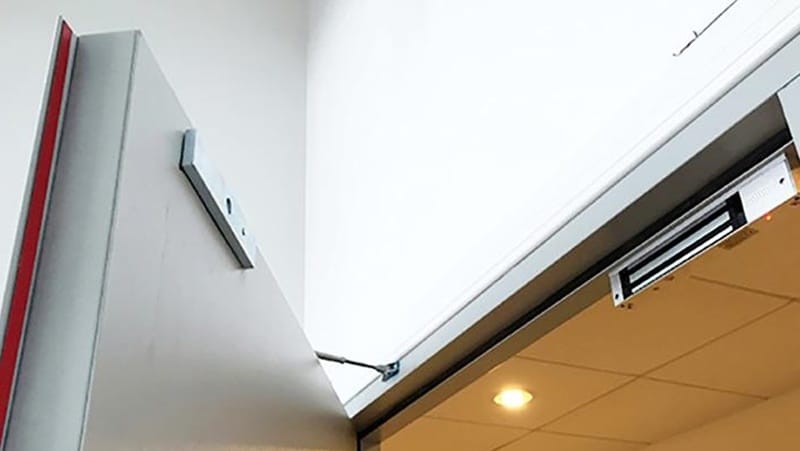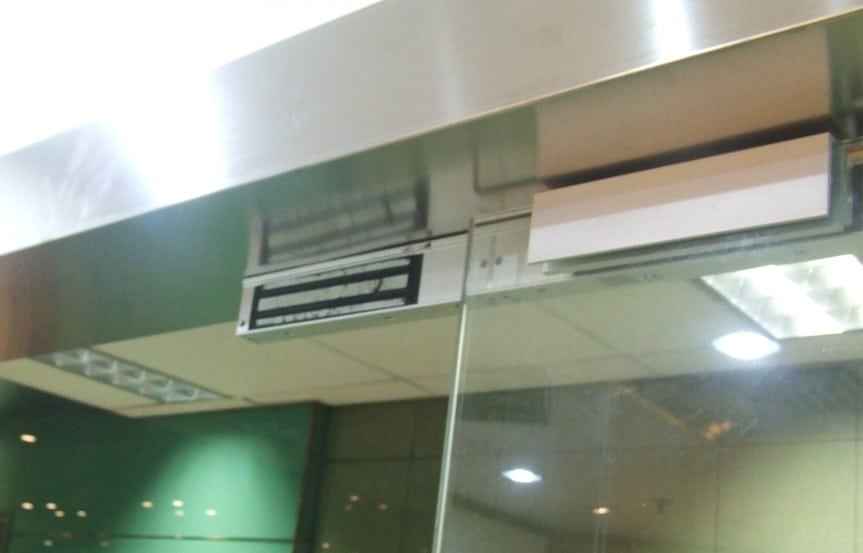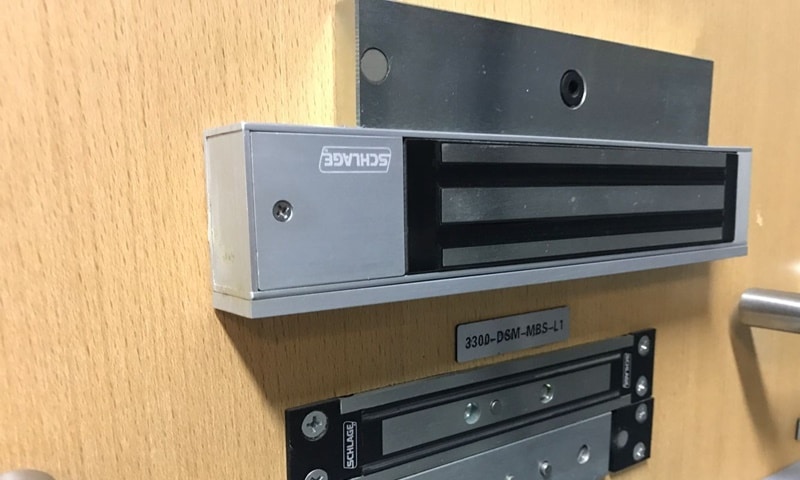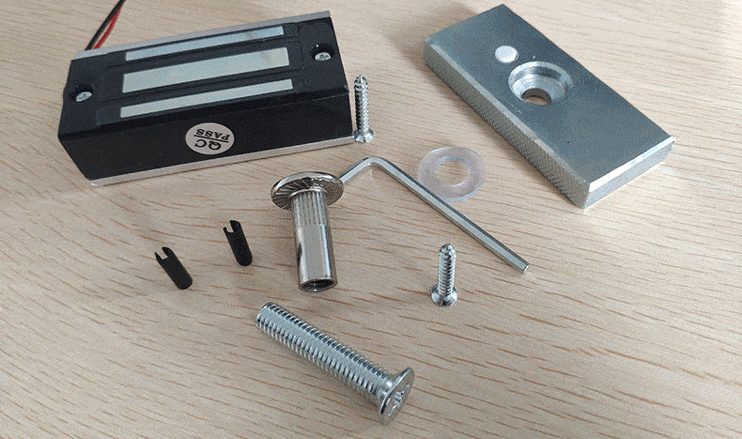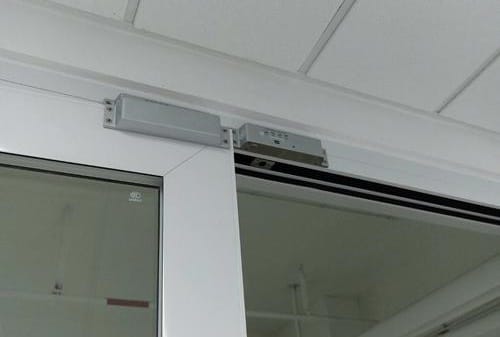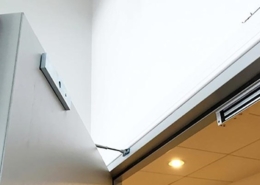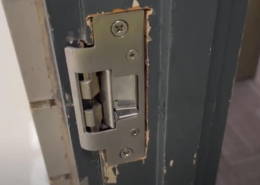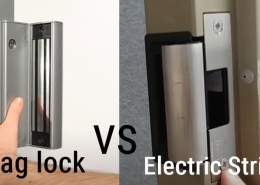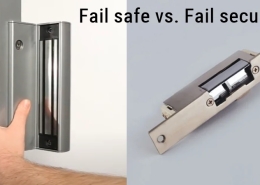Opening a Hotel Door with a Magnet: Myth or Reality?
Explore the truth about using magnets to unlock hotel doors, separating fact from fiction in this intriguing security debate.
Opening a hotel door with a magnet might seem like a trick from a spy movie, but is there any truth to this cinematic trope?
In this article, we delve into the mechanics of magnetic locks, the security of hotel doors, and the portrayal of this concept in popular culture. We explore real cases and expert opinions and separate fact from fiction to understand whether a magnet can compromise a hotel door’s security.
The Science Behind Magnetic Locks and Hotel Doors
Understanding Magnetic Lock Systems
Magnetic lock systems, often found in modern hotel doors, utilize electromagnetism to secure access points. When energized, an electromagnet creates a strong magnetic field, which holds the lock in place and prevents the door from being opened without proper authorization. This system is typically engaged and disengaged using electronic key cards or fobs, which communicate with the lock mechanism to allow entry.
Magnetic locks are favored for their reliability and ease of use. They can be integrated into a hotel’s overall security system, providing a seamless experience for guests while maintaining high security. Here’s a brief overview of how these systems work:
- A magnetic lock is installed at the top of the door frame.
- The door itself has a metal armature plate that aligns with the magnet.
- When the magnet is powered, it binds to the armature plate, securing the door.
- To unlock, the system cuts power to the magnet, often through a signal from an authorized key card.
Magnetic locks do not rely on traditional key mechanisms, which reduces the risk of lock picking and provides a modern layer of security. However, it’s important to understand that no lock system is impervious to all forms of tampering or bypassing.
In the context of hotel security, it’s essential to consider the sophistication of the lock systems in use. For instance, the hotel door lock systems mentioned in the ‘7 Best Hotel Door Lock Systems: Secure Solutions (2024)’ article, such as electronic hotel locks or RFID locks, are designed to offer secure solutions through electronic means.
Can Magnets Compromise Hotel Door Security?
Much debate surrounds whether magnets can compromise hotel door security. Magnetic locks, or maglocks, are common in modern hotel security systems. They use an electromagnetic field to keep the door locked until a signal from an authorized keycard disrupts the field and allows entry.
However, concerns have been raised about the potential vulnerability of these systems to magnetic interference. While a strong enough magnet could theoretically interfere with the electromagnetic field, most hotel locks are designed to withstand such attempts. Moreover, the security of a hotel door involves multiple layers, not just the lock mechanism itself.
- Magnetic keycards are often cited as a potential weak point.
- Sophisticated attacks may attempt to steal data from these cards.
- Hotels typically employ additional security measures to mitigate these risks.
Real Cases and Expert Opinions
While using magnets to open hotel doors may seem plausible, expert opinions and real-world cases tell a different story. Security professionals and locksmiths often debunk the myth that a simple magnet can compromise a hotel door lock designed to withstand such tampering attempts.
In real cases, no substantial evidence suggests that magnets have been used successfully to bypass hotel door security. However, discussions on online forums, such as the one on DISboards.com regarding magnets on fantasy concierge doors, indicate that the concern is more about the potential damage to door aesthetics than security breaches.
To provide a clearer picture, here’s a summary of key points gathered from expert opinions:
- Magnets are not a reliable tool for bypassing modern hotel door locks.
- Security systems are designed to resist magnetic interference.
- Real-world cases of magnet-related security breaches are virtually non-existent.
- Online discussions often confuse the potential for aesthetic damage with actual security risks.
The Magnet Myth in Popular Culture and Media
Depictions of Magnetic Lock Picking in Films and TV Shows
The allure of a swift and silent break-in has long captivated audiences in films and TV shows, where characters often employ magnets to bypass security systems easily. This portrayal has contributed to a widespread belief in the magnet’s power to unlock doors, a concept that seems thrilling and convenient.
While these scenes are entertaining, they often oversimplify the complexity of security systems. > The reality is that most hotel doors are equipped with electronic locks that are not susceptible to simple magnetic manipulation. The magnet myth, while persistent, is largely just that—a myth.
Magnet Fishing and Other Magnet-Related Myths
Magnet fishing, a hobby involving using powerful magnets to retrieve metal objects from bodies of water, has often been conflated with manipulating locks or security systems. However, the principles and applications of magnet fishing are not transferable to bypassing hotel door security.
While magnet fishing can uncover various metallic treasures and curiosities, the myth that a similar approach can be used to open hotel doors is unfounded. Hotel door locks, especially those that are magnetic, are designed with safeguards against such methods.
What’s Possible and What’s Not
In hotel security, myths and misconceptions can often blur the line between what’s feasible and fanciful. One pervasive myth is that magnets can be used to open hotel doors, a notion that dramatic portrayals in media have perpetuated. However, the reality is far less sensational.
Modern hotel doors are typically secured with electronic lock systems designed to resist tampering with magnets or other simple tools. These systems often use magnetic stripes or RFID technology, but the data encoded on key cards is limited to access information, not personal details. A common misconception is that hotels store sensitive personal information on key cards, which is not the case.
To clarify what’s possible and what’s not, consider the following points:
- Magnets cannot reprogram or deactivate electronic locks.
- Key cards do not contain personal information, contrary to popular belief.
- Actual cases of lock picking are complex and require specific knowledge and tools.
Understanding these distinctions helps recognize the difference between Hollywood fiction and real-world security protocols.
Conclusion
In conclusion, opening a hotel door with a magnet is more fiction than fact. Our investigation into this urban legend has shown that modern hotel locks are designed with security features that resist such simple bypass methods.
While magnets have fascinating properties and uses in various fields, myths and anecdotes greatly exaggerate their ability to unlock a hotel door. Travelers need to rest assured that their hotel room security is not easily compromised and that any would-be intruders recognize that attempting such a feat is not only ineffective but also illegal.
Ultimately, the magnet myth should be put to rest, as it does not withstand the robust security measures of today’s hotel access systems.

